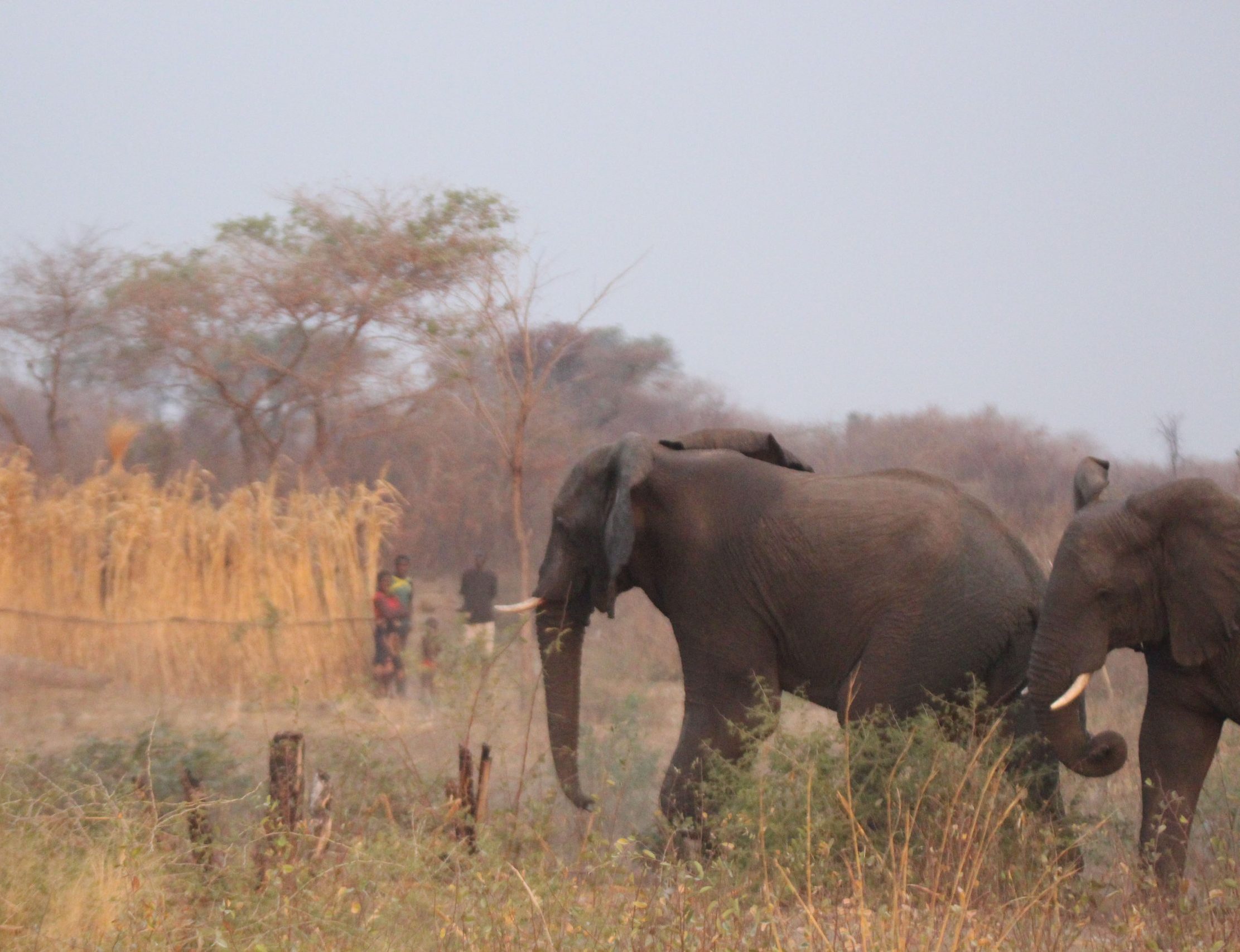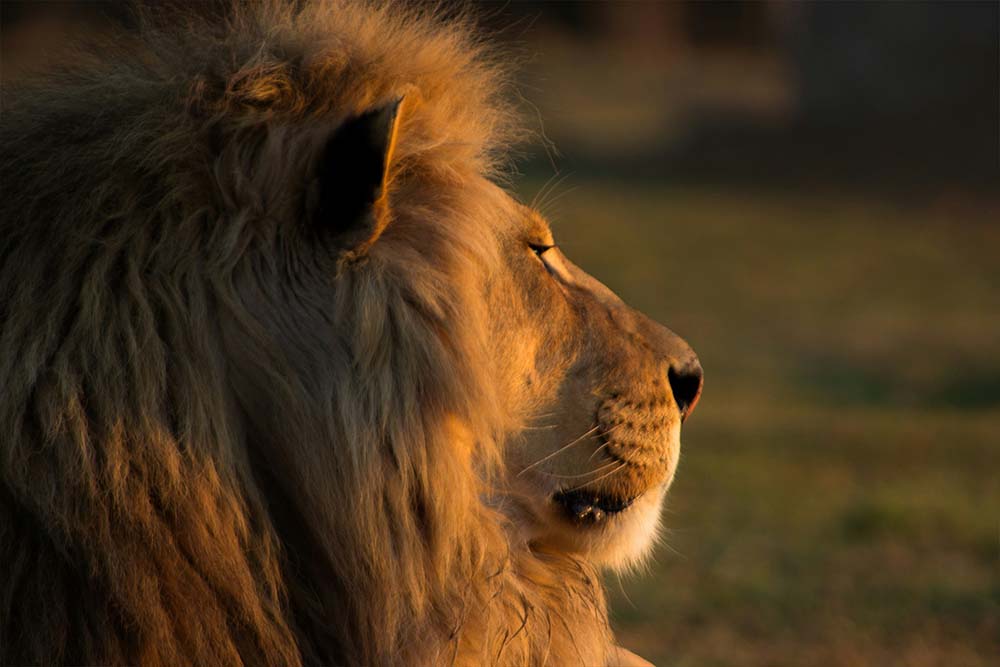Overview
This project provides critical support to governments developing policies to manage human-wildlife conflict (HWC), an escalating issue as human populations expand into wildlife habitats. By collaborating with policy experts and community leaders, the initiative creates resources and tools for effective HWC management. With a focus on monitoring metrics and policy frameworks, this project seeks to improve coexistence strategies that safeguard both people and wildlife.
Partners
IUCNSSC Human-Wildlife Conflict Specialist Group
Ecosystems
Croplands
Deserts
Lakes, Wetlands And Mangroves
Savannah, Shrublands and Grasslands
Temperate Forests
Overview
This project provides critical support to governments developing policies to manage human-wildlife conflict (HWC), an escalating issue as human populations expand into wildlife habitats. By collaborating with policy experts and community leaders, the initiative creates resources and tools for effective HWC management. With a focus on monitoring metrics and policy frameworks, this project seeks to improve coexistence strategies that safeguard both people and wildlife.
Partners
IUCNSSC Human-Wildlife Conflict Specialist Group
Ecosystems
Croplands
Deserts
Lakes, Wetlands And Mangroves
Savannah, Shrublands and Grasslands
Temperate Forests
Objectives
- Support governments in creating effectiv HWC policies.
- Develop metrics to monitor HWC trends.
- Establish comprehensive databases and resources for HWC policy creation, implementation and monitoring.

”The main challenge, which we observe globally, is a tendency to oversimplify the issue as one of wildlife versus humans. Actually, human-wildlife conflicts are conflicts between groups of people about wildlife, which often become extremely tense disagreements about how to manage a situation involving wildlife. The role of the HWCCSG is to serve as an international impartial think tank and advisory body. Our aim is to facilitate collaboration among stakeholders, and synthesise the best available knowledge and advice for more effective management of human-wildlife conflict and coexistence.
Prof. Alexandra Zimmerman
Chair, IUCN SSC Human-Wildlife Conflict & Coexistence Specialist Group

Results/Impact
By providing governments and international organisations with the resources, technical support and network they need, this project aims to significantly reduce the impacts of human-wildlife conflicts worldwide. The anticipated outcomes include more effective national HWC strategies, improved coexistence between people and wildlife, and minimized negative outcomes for both. In the long term, the project will help foster sustainable wildlife economies and contribute to the broader goals of biodiversity conservation.
